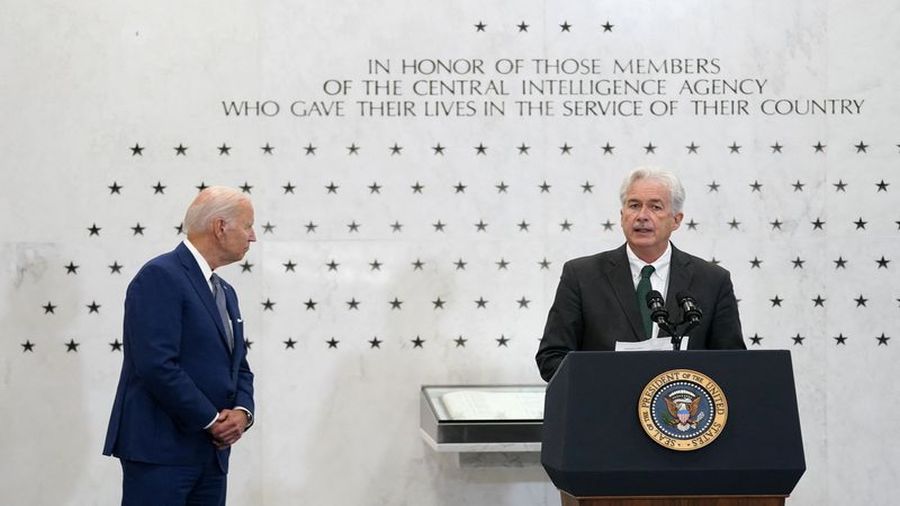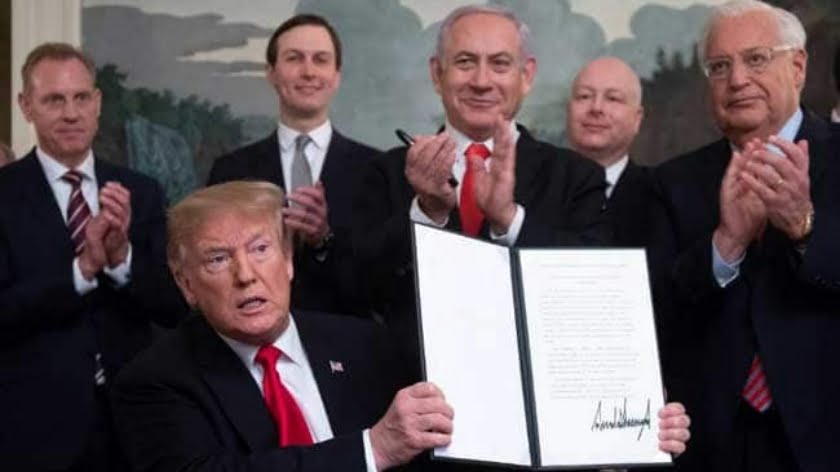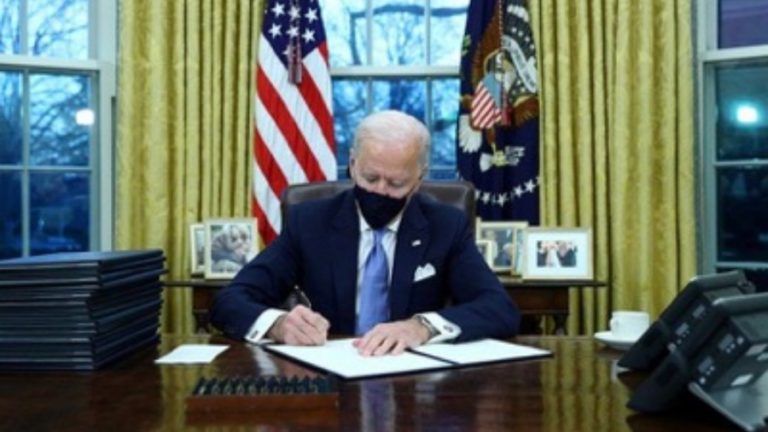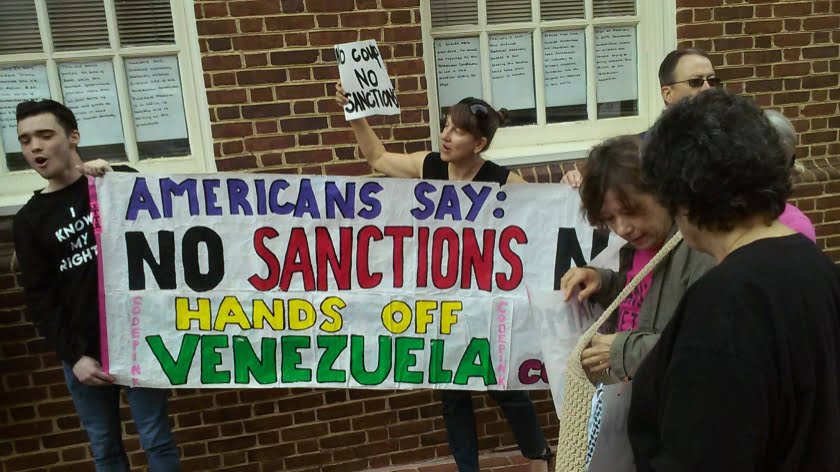Some New Developments in the Spy Business
The Central Intelligence Agency (CIA), famed for its hidden agendas and its preference to operate in the shadows, has featured in a couple of recent breaking stories. On July 22nd the White House announced that CIA Director William Burns would be stepping up to cabinet level in the Joe Biden Administration. That means that beyond being in theory a principal government source for reliable information that can be used to make policy, he would himself become a policy maker, co-equal with Secretary of State Antony Blinken, National Security Adviser Jake Sullivan and Secretary of Defense Lloyd Austin. Though the gesture is largely symbolic and creates some bureaucratic scrambling of roles and functions, it is not unprecedented. President Ronald Reagan included his CIA Director and close friend William Casey in the cabinet and the inevitable Bill Clinton elevated no less than two Directors, John Deutch and George Tenet.
Interestingly, of the four cabinet level CIA Directors, only Casey was an experienced intelligence officer, having served in the OSS during the Second World War and he became a controversial director who was inclined to support unnecessarily risky operations, particularly in Latin America. Deutch was something like a professional bureaucrat, having worked at the Pentagon before moving on to the Agency. He left CIA after little more than a year in office in December 1996 and it was subsequently learned that he had been keeping classified material on his own laptop computer, which appears to be a Democratic Party trait. Bill Clinton pardoned him before he could be prosecuted for failing to protect classified information. Tenet was a congressional staffer before becoming Director and he, of course, gifted the American people with the massive intelligence failure known as the Iraq War.
Burns likewise is a career diplomat, not a spy, and the two roles are very different, though perhaps not to Joe Biden and whoever is pulling his strings. At the beginning of his administration, Biden engaged Burns as his global trouble shooter—a man with a title and credentials that enabled him to communicate confidentially with foreign leaders outside of normal diplomatic channels. His role was to bridge the important space between overt and covert and to deal with national security from a civilian perspective. This has resulted in travel back and forth from Washington to foreign capitals, most recently involving Ukraine and Russia, where Burns once served as the US Ambassador.
Burns and the president reportedly have met frequently and Burns has been particularly influential on Biden decision-making as it relates to Ukraine. The CIA and National Security Agency (NSA) had been using satellites and communications intercepts to monitor Russia’s military buildup near the border with Ukraine and in November 2021, three months before the actual invasion, Biden sent Burns on a low-keyed trip to Moscow to warn the Kremlin of the possible consequences of any attack. Russia responded that the bid for Ukraine to join NATO plus the aggression against the ethnically Russian Donbas region of Ukraine were red lines, but no one in Washington was listening.
The elevation of Burns has a considerable potential downside as it muddles responsibilities and roles in the government. The CIA exists to provide information that is hopefully reliable to enable policy makers to understand and respond sensibly to complex situations involving foreign governments. To make sure that intelligence and policy are not self-validating, the Agency traditionally limits collaborative contact between the case officers who collect the information in the field and the analysts who produce the finished reports that go to policy makers. That the Director of CIA is now both providing intelligence while also participating in discussions of the appropriate responses runs the risk of the intelligence itself being tainted by policy considerations. The dual role will also subtly impact on the Agency’s perspectives and priorities. In other words, there will be a tendency to shape the intelligence based on White House, State Department and Pentagon expectations, which might themselves be distorted due to purely partisan political considerations. What this means is that if the Administration wants a war with Russia, someone like Burns will possibly cull and shape the information to deliver just that.
The move regarding Burns should come as a surprise to no one as Joe Biden has a clear tendency to surround himself with “yes” men and women rather than knowledgeable managers and leaders. Burns has, in fact, been an enthusiastic cheerleader for the war, often contradicting reports that it is going very badly for Ukraine. And hold on, there is yet another story circulating about the CIA and it also involves William Burns, who has commented how he sees a great opportunity to recruit Russian spies given the turmoil that he thinks prevails in Moscow in the wake of the alleged Yevgeny Prigozhin “mutiny.”
At a lecture at the Ditchley Foundation in London on July 1st, Burns stated that “Disaffection with the war will continue to gnaw away at the Russian leadership, beneath the steady diet of state propaganda and practiced repression. That disaffection creates a once-in-a-generation opportunity for us at CIA, at our core a human intelligence service. We’re not letting it go to waste. We recently used social media — our first video post to Telegram, in fact — to let brave Russians know how to contact us safely on the dark web. We had 2.5 million views in the first week, and we’re very much open for business.”
Burns was referring to a slickly produced, cinematic recruitment video that appeared online in the middle of May entitled, “Why I contacted the CIA: My decision,” which shows individual Russians making the choice to contact the Agency. CIA’s material was posted initially on a channel on Telegram, the social media network that is believed to be a highly popular source of unfiltered news in Russia. The video, in Russian, incorporates instructions on how to get in touch with the CIA anonymously and securely. The video has also been picked up by other social media platforms, including YouTube, Twitter, Instagram and Facebook.
The project comes after a previous recruitment drive following the launch of the invasion of Ukraine that CIA officials have claimed to be successful, with “contact coming in.” Which, of course, might be a lie. There are also reportedly several Russian-produced comical versions lampooning the video. The video itself may or may not be having an impact on Russians who are concerned about Ukraine, but Burns’s revelation of what the Agency is doing to recruit Russians demonstrates that he is no intelligence officer. And the video itself is more Hollywood than Langley as revealing one’s intentions and activities to a targeted adversary is bad tradecraft, to put it mildly, as it reveals “sources and methods,” a capital offense in the spy business. Also, the conditions that bred pre-1991 Soviet era defectors no longer exist as Putin is undeniably popular and the disparities between life in Russia and life in the west, both in terms of materialism and personal liberties, are currently barely noticeable.
Russia Today (RT), the state-owned media outlet, also reports that the CIA is stepping up its on-the-ground efforts to recruit the presumably unhappy Russians. Relying on coverage of a recent “CIA at 75” event held at George Mason University in Virginia, RT quotes the Agency’s Deputy Director for Operations David Marlowe, who told a “select audience” that CIA officers abroad have recently been engaged in a major effort to exploit “fertile ground” to recruit Russian agents from “among disgruntled military officers, oligarchs who have seen their fortunes thinned by sanctions, and businesspeople and others who have fled the country.”
Marlowe elaborated how it works, saying “We’re looking around the world for Russians who are as disgusted with [the conflict in Ukraine] as we are.” Marlowe then used the slogan that Burns used in England “…Because we’re open for business.” The Russian government has in fact denounced what appear to be several overt attempts to recruit its remaining diplomats and military attaches in Europe and the US using what are referred to as “cold pitches,” where someone approaches a target on the street or in a social setting and offers money or other inducements in return for information. Russian reports indicate that American officers have been hanging around Russian Embassies passing out to those leaving or entering the building cards with phone numbers to contact the FBI and CIA.
Inevitably, cold pitches very rarely work because even if the target were so inclined, he or she would have to consider the possibility that his or her own loyalty was being tested by the agency that he or she works for. In fact, the comments by Burns and the CIA video will likely reduce the possibility that some Russian official thinking of defecting will do so. The Russian government, angered by the crude overt attempts to have its citizens commit treason, will be watching more closely its employees who have access to highly sensitive information and they will also be increasing the surveillance of the movements of foreign diplomat-spies in Moscow and elsewhere. That makes a Director of Central Intelligence speaking out about what he is up to combined with videos making crude proposals a losing proposition if one is seriously interested in penetrating the security surrounding an adversary.







